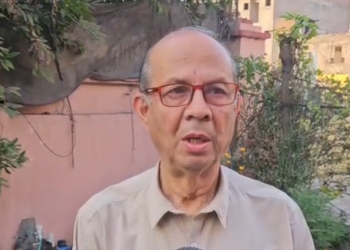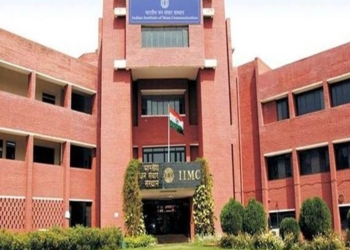New Delhi: The Delhi High Court has recently clarified that ration cards are intended solely for accessing essential commodities under the public distribution system and should not be used as proof of address or residence.
Justice Chandra Dhari Singh noted the lack of a verification mechanism for the address details on ration cards, saying that their purpose is restricted to ensuring the distribution of foodgrains at reasonable prices to citizens.
This ruling came during the court’s hearing of pleas by several inhabitants of Kathputli Colony, who sought alternative housing in exchange for their current makeshift homes.
Despite the Delhi Development Authority (DDA)’s reliance on ration cards as address proof in the rehabilitation process, the court found this practice misaligned with the central government’s directive and the inherent purpose of ration cards.
Referring to a 2015 gazette notification from the Union Ministry of Consumer Affairs, Food and Public Distribution, which specifically cautioned against using ration cards as identity or residence proof, Justice Singh criticised the DDA’s approach as arbitrary.
The court noted that ration cards are designed for food distribution, not as identity or address verification tools.
The judgement impacts the rehabilitation policy for Kathputli Colony’s jhuggi dwellers, particularly those whose eligibility was previously contested due to the absence of a ration card.
Justice Singh directed the DDA to accept alternative documents listed in the Delhi Slum & JJ Rehabilitation and Relocation Policy, 2015, like passports, electricity bills, and driving licences, for verifying residents’ claims to alternative accommodation.
This order mandates the DDA to provide alternative dwelling units to the petitioners, contingent on the presentation of pertinent documents issued before the January 1, 2015, cutoff date.
(IANS)















